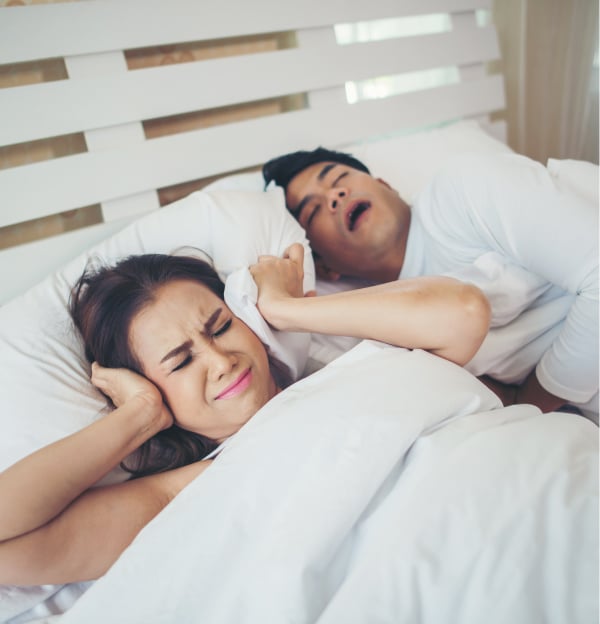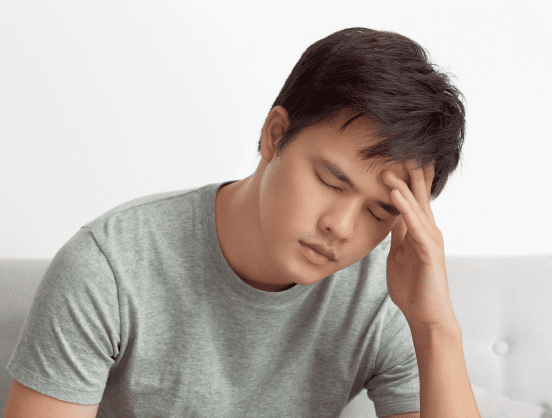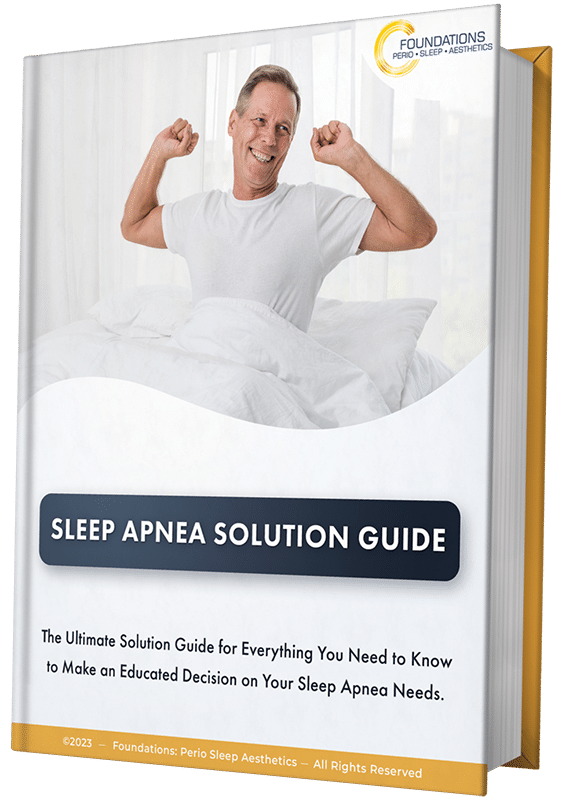


Snoring is a common physiological phenomenon that occurs during sleep, often caused by the vibration of soft tissues in the upper airway. It typically arises when the flow of air through the nose and throat becomes partially obstructed. This obstruction can be attributed to various factors, such as the relaxation of throat muscles, anatomic variations in the airway’s structure, obesity, or congestion due to allergies or infections. When individuals sleep, the muscles in their throat and tongue naturally relax, and in some cases, this relaxation can lead to a narrowing of the airway. As air passes through the restricted passage, it causes the surrounding tissues to vibrate, generating the characteristic sound of snoring. Although snoring itself might seem harmless, chronic and loud snoring can be indicative of a more serious condition called obstructive sleep apnea, where breathing repeatedly stops and starts during sleep, leading to disrupted sleep patterns and potential health risks.
In a dental context, dentists can play a role in addressing snoring and its potential underlying causes. They may provide devices like oral appliances that can help reposition the jaw and tongue, thereby preventing airway obstruction during sleep. These oral devices work by adjusting the alignment of the lower jaw and tongue to help keep the airway open. Dentists may also collaborate with other healthcare professionals, such as sleep specialists, to diagnose and treat more severe cases of snoring related to sleep disorders. Additionally, dental professionals can offer guidance on lifestyle modifications, such as weight management and positional therapy, that may contribute to reducing or eliminating snoring in some individuals.



Sleep apnea and snoring are two sleep-related issues that often cause confusion due to their shared symptom of noisy breathing during sleep. However, they are distinct conditions with differing underlying causes, impacts, and potential health risks. This article aims to clarify the differences between sleep apnea and snoring, shedding light on their respective characteristics, implications, and necessary interventions.
Snoring is a common occurrence during sleep, caused by the vibration of tissues in the throat and nasal passages due to restricted airflow. It is often considered a nuisance to bed partners, but it does not indicate a serious medical condition.
Sleep apnea is a sleep disorder characterized by repeated pauses in breathing during sleep. These pauses, called apneas, can last for seconds to minutes and may occur many times throughout the night.
In summary, sleep apnea and snoring differ significantly in their causes, health implications, and required interventions. While snoring is often a benign condition that can be managed with lifestyle changes, sleep apnea is a potentially serious disorder that demands medical attention to prevent its associated health risks. If you or someone you know is experiencing loud snoring combined with daytime sleepiness or other concerning symptoms, it’s important to consult a healthcare professional for proper diagnosis and treatment.


We have a team of experienced, board-certified estheticians and periodontists near you, trained in the latest techniques for the health and beauty of your smile.

DDS


Board Certified Periodontist
BDS, MDS


Discover what our satisfied patients have to say about us! Read real reviews and get a better understanding of why our services are so highly rated.
We can’t wait to meet you and your family. It’s our goal to offer quality care, promote oral health, and ensure your smiles shine brightly.

MON- THUR
FRI – CLOSED